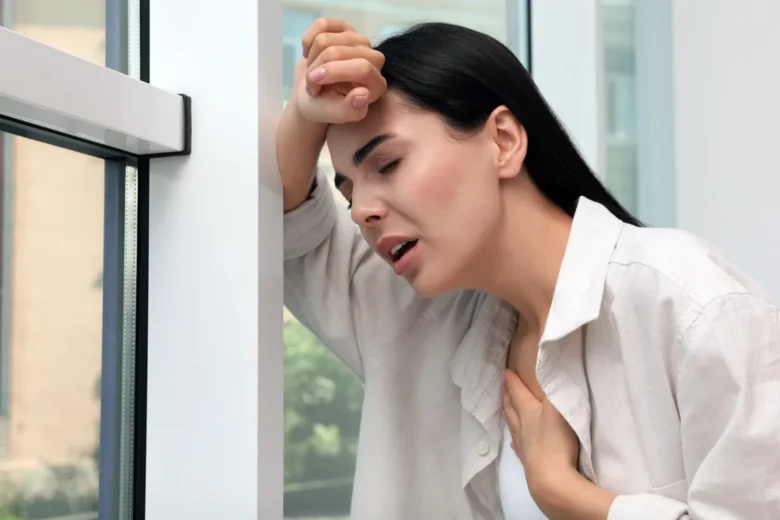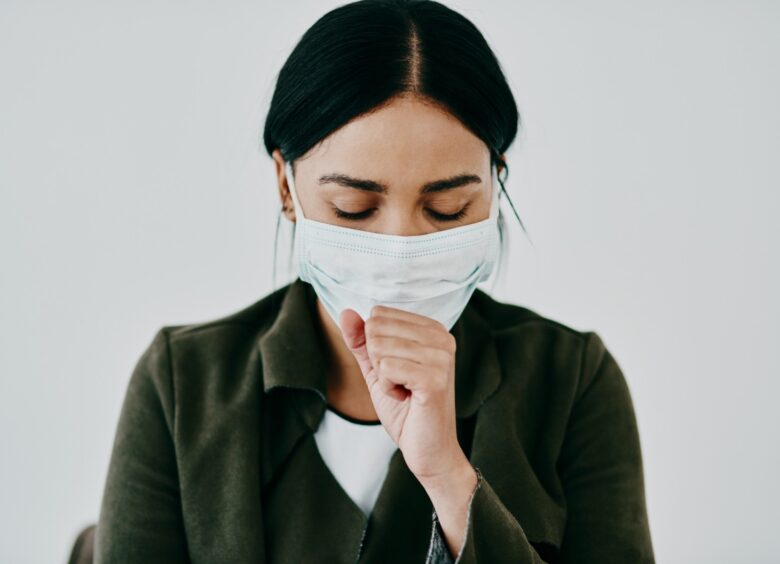The virus that closed off the world, COVID-19, was declared a pandemic in March 2020, and ever since then, close to 7 million deaths have been recorded because of the disease. Close to 600 million cases have been recorded and there are many of us who have even gotten the disease more than just once.
The symptoms of the virus vary from asymptomatic to severe, and it is said that the worst mistake that patients make is not seeking treatment before it is already too late. If you want to know more about this disease, and when you should seek emergency medical care for the virus, keep on reading.
What are the most common symptoms?

The first thing we are going to talk about is the symptoms. As you already know, there are many variants of the disease, and some of them are more dangerous and could lead to complications much faster than others. There are some variants, such as Omicron that are far easier to transmit, but they don’t necessarily lead to too many hospitalizations and deaths.
The most important thing you need to know is that every organism is different, and some people who have many underlying diseases may not exhibit any of the symptoms, and go through it easier than a cold, while others, who are theoretically in the best shape of their lives, and who lead extremely healthy lives may end up in the hospital.
We need to understand that our bodies are different and that we cannot expect to go through it without any symptoms just because a friend of ours did, and at the same time, we need to stay hopeful and know that just because there were so many deaths, it does not mean that we are going to end up feeling extremely sick if we contract it.
You need to be aware of the most common symptoms that come with the disease, while still being mindful that you may experience all of these, or you may experience just a few.

The most common symptom that patients have experienced is a fever that can go as high as 102 degrees Fahrenheit, sore throat, congested nose, trouble breathing, headaches, and overall body aches. Most of the people who’ve gone through eh virus have reported that they’ve felt extremal tired both when they just contracted it, and several weeks after.
These are some of the most common symptoms, and it is expected that patients who’ve reported them should get well without having any long-term issues. Nevertheless, there are a lot of other things that you may experience with this virus, and now we are going to talk about the things that may not be as common, but are definitely a sign that you have to talk to your doctor and seek for medical care as soon as possible.
When to seek treatment?

When it comes to severe indications that the disease is taking a worse course, you need to know that these things start out slowly. You may be experiencing the normal signs of the disease, and you may be thinking that the next day you are already going to feel better.
Know that it is far better to get free medical consultation, such as the one that Dr. B is offering, than to wait until things get seriously bad.
If you have been experiencing a high fever that is higher than 100 degrees for more than 3 consecutive days, you need to talk to your GP and seek help immediately. This may not lead to complications, but more often than not, it is an indication that you are exhibiting issues with your lungs and you need to start taking antibiotics or corticosteroids.
If you have persistent chest pain, and if it is not going away with anything, that’s another sign that you need to talk to your doctor as soon as possible. On the same note, if you are having trouble breathing, or if you are feeling pain every time you inhale or exhale, it is time to seek treatment. Some patients have said that they cannot get their lungs filled with air without coughing and that even if they try to inhale as much as possible, they feel that they are just not able to do it.
In case you feel disoriented, confused, or if you have short-term memory loss, this is another indication that you need to be hospitalized. Even though trouble remembering has been reported in many patients, even those who’ve been asymptomatic, know that if you feel confused all the time and you have trouble focusing constantly, it is better to get checked.

Some patients have chronic insomnia because of the disease, and others experience issues staying awake or waking up. The latter usually occurs when the patient has a persistent fever, and both of the indications are a sign that you have to get checked.
You need to also pay attention to the color of your skin and nails. If you notice that you are too pale, if you start getting yellow undertones, or if your skin starts getting grayish color, you need to get to the ER as soon as possible. In case your lips, skin, and even nail-beds change color and become too light or too dark, this is another indication that you need to get treatment.
Know that it is pretty easy to get from relatively good health to severe symptoms, and these things happen in a matter of days. The biggest reason for the millions of deaths is patients not getting the needed care when they needed to. It is better to stay on the safe side and talk to your doctor even for the slightest discomfort than to end up being hospitalized for days or weeks. The disease is much easier to treat when the symptoms are caught on time, so don’t postpone seeking emergency care.
We all hope that the next day is going to be the day that we finally start feeling better, but sometimes that day will not come without you seeking help. When you have the virus, you will not feel in the mood to leave your home and get checked, but it is far better to try and gather your strength to do it than to wait until it is too late. If needed, get a free online consultation before you seek emergency help, and always follow the rules and regulations when it comes to protecting yourself and those around you.


